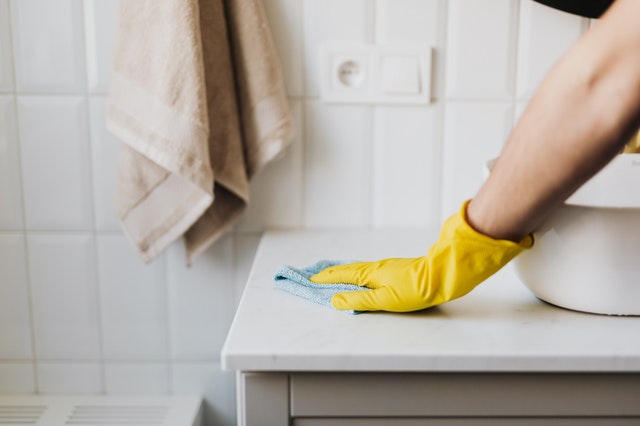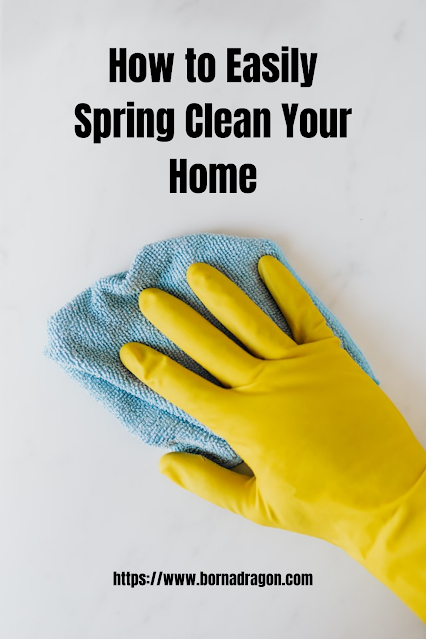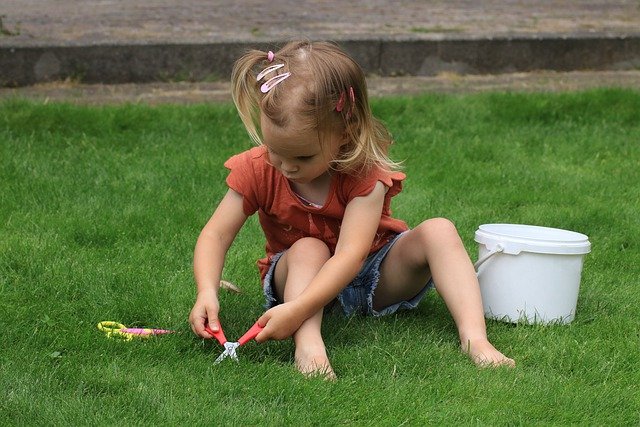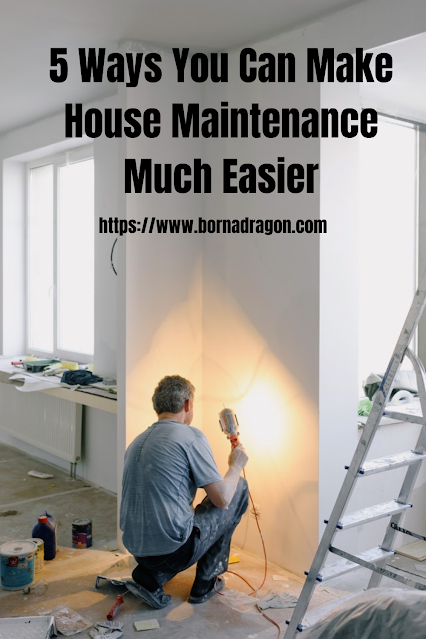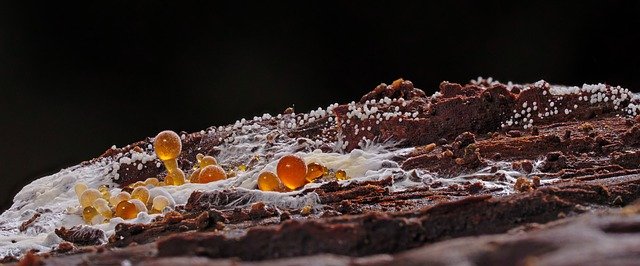Water damage is one of the most common problems that homeowners face. There are many different ways that water can damage your home, and it can be a huge headache to try and fix. The following blog will discuss some of the best upgrades you can make to your home to prevent water damage from happening in the future.
1) Check Your Gutters And Downspouts Regularly
One of the best ways to prevent water damage to your home is to ensure that your gutters and downspouts are clear of debris. If they are not, then water can back up and cause damage to your roof, siding, and foundation.
If you live in an area prone to severe weather, it is also a good idea to have new gutter installation services come out and inspect your gutters and downspouts at least once a year. This way, you can be sure that they are in good condition and will not cause any water damage to your home.
2) Inspect Your Home’s Foundation Regularly
Your home’s foundation is one of your house's essential parts when preventing water damage. Because your foundation keeps your house standing, it is vital to ensure it is in good condition.
Water can seep into cracks in your foundation and cause significant damage to your home. To prevent this from happening, inspect your foundation regularly for cracks or other damage. If you find any damage, repair it immediately.
You should also make sure that there is proper drainage around your home’s foundation. This will help keep water away from your foundation and reduce the risk of water damage.
3) Add A Waterproof Barrier To Your Basement
One way to prevent water damage is to add a waterproof barrier to your basement. This will help to keep the water out and also help to insulate your home from the cold. There are many different products on the market that you can use for this purpose, so be sure to do some research before making your purchase.
Another option is to install a sump pump in your basement. This will help to remove any water that does enter your home and keep it from pooling in your basement. Be sure to have this installed by a professional so that it is done properly.
4) Use Water-Resistant Materials
When you are building or renovating, try to use water-resistant materials as much as possible. This will help to keep your home free of water damage and mold growth. Some examples of water-resistant materials include concrete, tile, and stone.
Waterproofing your home is a great way to prevent any future issues with water damage. There are many different ways that you can waterproof your home, so make sure to do some research and find the best option for you and your family.
In conclusion, water damage is a severe problem that many homeowners face. However, there are several different ways that you can prevent it from happening. By following the tips above, you can help to keep your home in good condition and reduce the risk of water damage.













